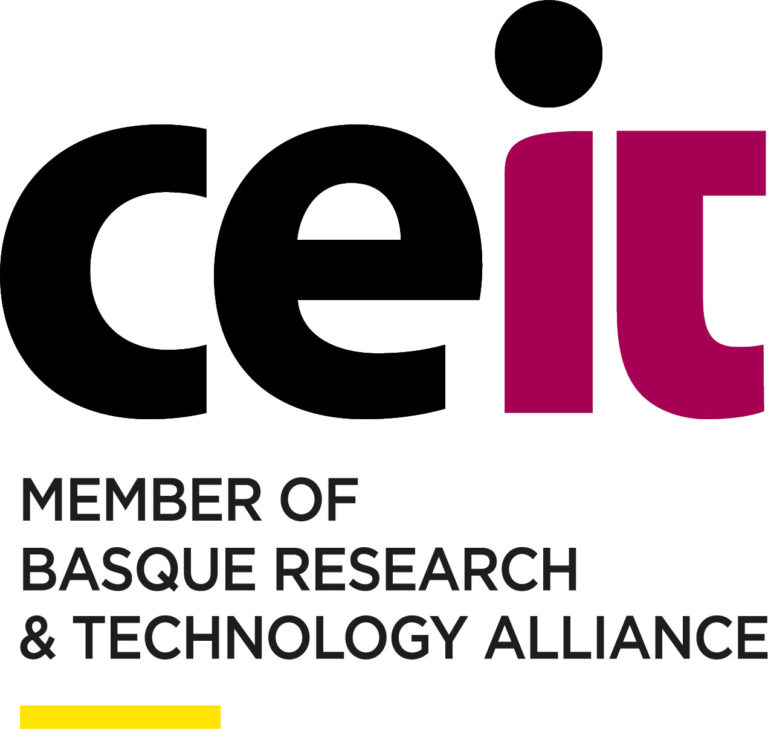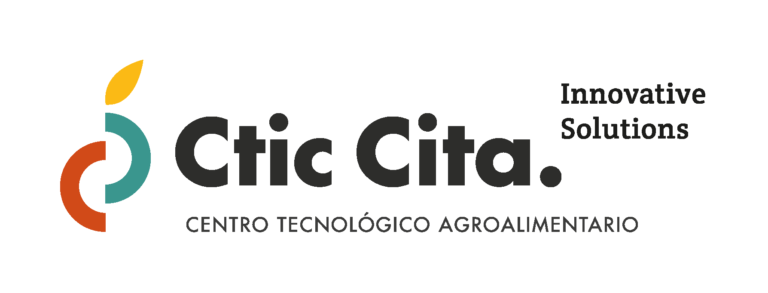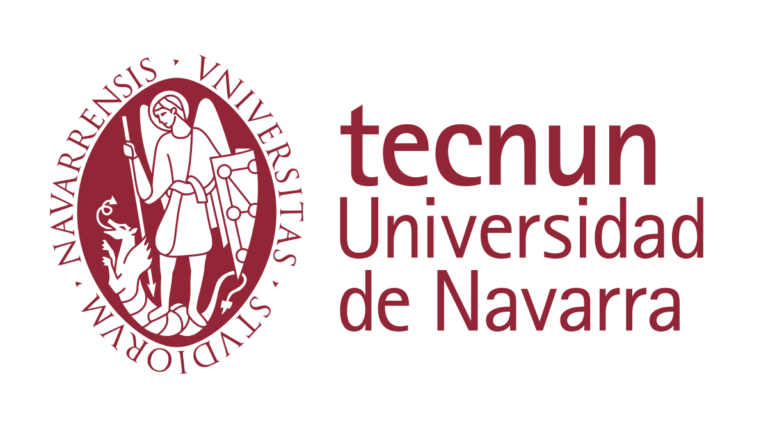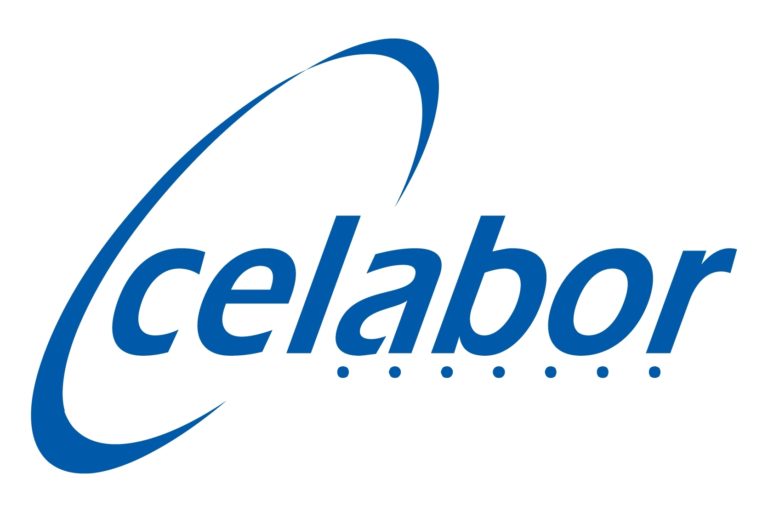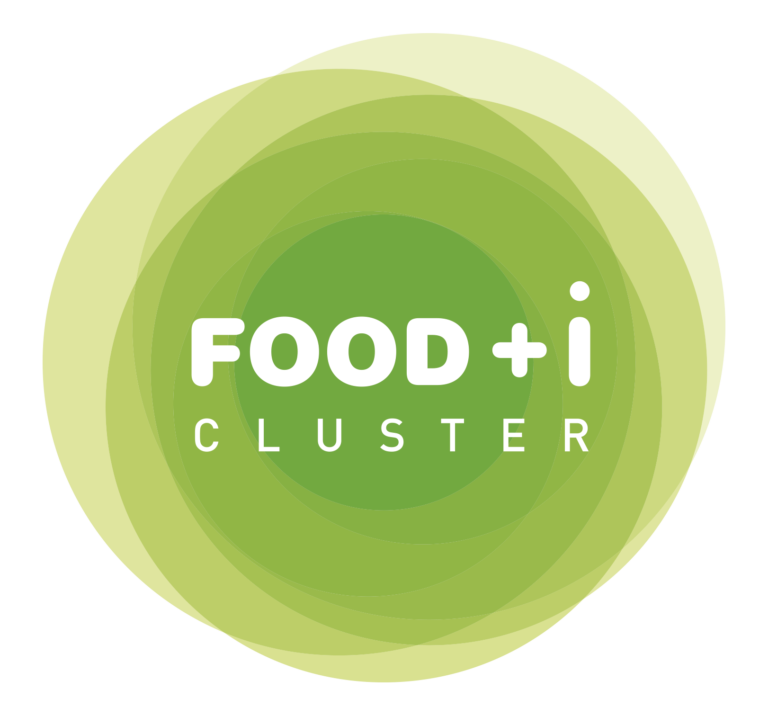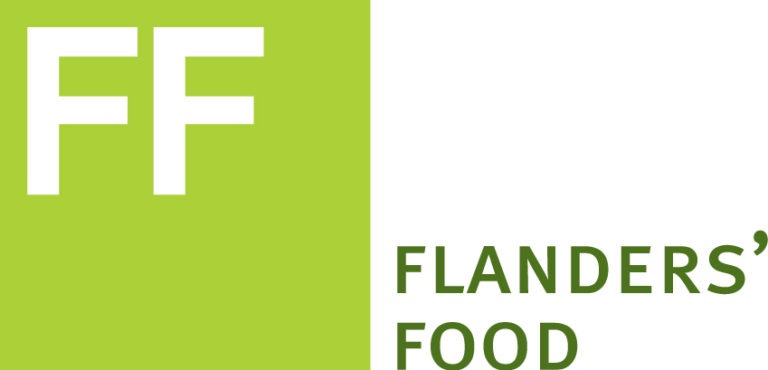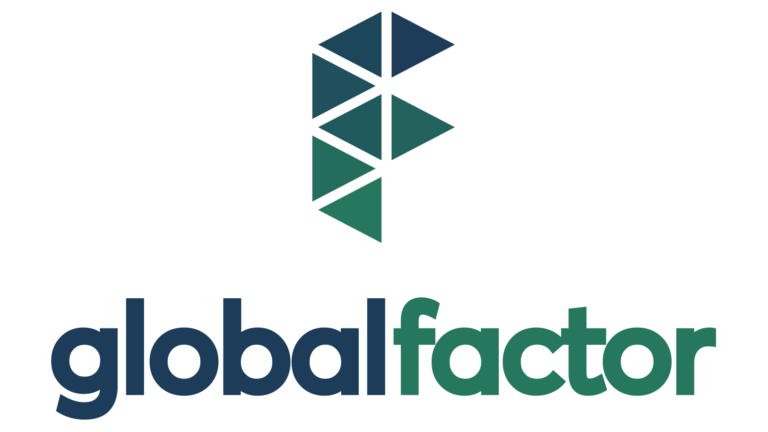Partners
This non-profit research centre was created by the University of Navarra in 1982. Its primary mission is to carry out applied industrial research projects under contract, working closely with their clients’ R&D departments.
It promotes excellence in applied research by publishing non-confidential results, disseminating scientific and technical knowledge at a variety of venues, and training doctoral students as part of industrial research projects.
It has four divisions: Materials and Manufacturing; Transport and Energy; ICT division and Water&Health.
In addition to being the project coordinator, CEIT will develop the Model2Bio Simulation Module, Optimisation Algorithm and Decision-Support System Tool. It will also participate in validation, exploitation and business plan development.
CEIT will also ensure the compliance with the ethics requirements.
This technology centre in Spain’s Rioja region supports the food industry in its technical and research requirements.
The centre’s main objective is to foster research and technological development, innovation, competitiveness, safe processes, skills training and compliance with legislation. Working with the latest technology in modern facilities, its qualified team provides specialised external support and a range of services to meet their clients’ needs. Facilities include three pilot plants, an industrial kitchen, a tasting room, a physics/chemistry lab, a microbiology lab and an auditorium.
Its lines of research include the quality and safety of food processing, the development of new products, the study and redesign of process engineering, the testing of new processing and preservation techniques, and the reduction of the environmental impact of the food industry.
CTIC CITA will lead the agrifood industry mapping and the residual stream characterisations (needed to develop the Decision-Support System Tool) and it will lead the tool validation in the Spanish node.
Its aim is to contribute to the professional, scientific and humanistic training of future engineers. Since its creation in 1961, the university has maintained a balance between teaching, research and service to society.
TECNUN, the school of Engineering of the University of Navarra, is responsible for developing the optimisation algorithm. They will participate in the Simulation Module development and the Decision-Support System Tool and in its validation.
This is one of the applied research institutes in the Wageningen University & Research organisation which has as mission ‘to explore the potential of nature to improve the quality of life’. It develops industrial applications/solutions, together with industry, for the Bio-based economy and the food industry.
WFBR is involved in different parts of the project and will lead the improvement of the process yields. This includes obtaining variables for feeding residual stream intermediate treatments and bio-processes model libraries, including storability and microbial conversion of side/waste streams into higher value products.
This scientific and technical partner offers support to companies in the field of food technologies (nutrition and extraction), environment, packaging (incl. paper/cardboard) and textiles. CELABOR’s has a multidisciplinary team of some forty scientists (doctors, engineers, graduates and technicians).
Its mission is to foster technological innovation and new products or processes through research and development; to provide analyses and tests through its high performing and responsive ISO 17025 accredited laboratory and to help resolve problems and/or disputes through consultancy and expert appraisal.
CELABOR will be in charge of the characterisation of the streams after the Intermediate Process. Thus, they oversee the extraction and purification processes optimisation, using its Extraction Platform (extraction machinery, laboratory and experienced team) with a “green” orientation.
This is a non-profit cooperation platform for the northern Greece region of Western Macedonia. The cluster currently includes more than 40 members that belong to regional and local authorities, universities, research institutes and private companies. CluBE seeks to develop synergies between local and regional players and businesses in bioenergy and the environment as a way to fostering innovation and increasing its added value.
CluBE will lead the verification process of the Decision Support System Toll. It will also be the coordinator for all the activities and residual stream characterisations in Greece.
This private cluster brings together more than 90 companies, knowledge centres and other entities associated with innovation. The aim is to encourage competition and development within Spain’s Ebro valley food and agriculture industry. It does so by anticipating business trends, using technology and developing R&D and innovation solutions that are accessible to the European market.
Cluster FOOD+i will play a role in data gathering for the residual stream characterization, and in tasks related to communication and transfer of results. It will also preside over the stakeholder group formed for the Spanish node.
This is the innovation platform for the agri-food industry in Flanders, Belgium. It is a cluster of about 300 companies (70% small and medium business and 30% large industry), universities, research and technology organisations and other stakeholders.
Flander’s FOOD will lead the Decision-Support System Tool validation in the Belgium and Netherlands node.
Global Factor is an international group, specialized in providing original, innovative and global solutions in areas such as climate change, energy, sustainability or trading.
Its work method is based on offering specialized knowledge, with a profound vision of the client and under a global approach. To do this, Global Factor have an extensive international network of offices and team members, which continues to grow! Their own career path and experiences are based on constant innovation. This helps the company to guide their services, combining academic knowledge, technology and practical experience.
Global Factor will engage their Carbon Footprint and Circular Economy experts in the project, who will study the project results from both approaches. They will be responsible for the life cycle analysis assessment during the project. The company will also lead the work on exploitation, standardization, intellectual property rights and business plan development.
This non-profit communication agency empowers scientists and engineers, helping them to communicate with a non-expert audience to bridge the gap between science, technology and society.
It supports national and international research and innovation initiatives in communicating effectively and leveraging their dissemination potential.
In addition, it provides up-to-date media training and a compelling set of dissemination tools specifically with different stakeholders and target audiences in mind.
ESCI leads the communication and dissemination of the project results.
During the project, it will identify the communication needs for specific audiences, and find and use the right communication channels to reach them.
This waste management company serves Western Macedonia, Greece. The company’s major task is to design, develop and operate the regional integrated waste management system for 61 municipalities (300,000 residents).
DIADYMA will help develop the DDS tool, giving advice and mapping the management of the agri-food waste streams. Thus, they will participate in the development of the exploitation plan.
Our Advisory Board
“Creating a sustainable industrial process requires a comprehensive and multidisciplinary approach encompassing techno-economic, environmental and social aspects. Decision support tools play a crucial role here by leveraging data, models, and analytics to assist industries in optimising resource use, reducing environmental impact, and improving overall efficiency.”
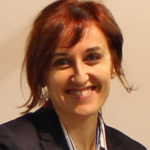
Dr. María López Abelairas
Biotechnology Division Manager, IDENER
Expert in chemical engineering and bioprocesses

Bartłomiej Mielniczuk
Senior Innovation Manager, Grupa Maspex
Expert in innovation management and business development
“Innovation in the food sector should lead to a more sustainable and efficient future, where resource utilization is optimized, waste is minimized, and environmental impacts are reduced. By leveraging advanced technologies and predictive models like the one developed in the Model2Bio project, we can transform the agri-food industry towards circular practices.”
“Although holistic decision-making cannot solely be based on decision-support system tools, I believe that the calculation of a company’s footprints, whether carbon, environmental or water, can undoubtedly bring the company closer to sustainability. The results of these calculations, DATA, allow them to compare their performance year by year or even with companies in the same sector, allowing or facilitating decision-making from the outset, complying with regulatory requirements.”
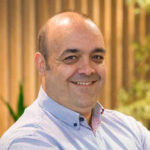
Xabier Esteban Alonso
Technical Director, Naturklima
Expert in renewable energies, energy efficiency, climate change and sustainable development

“Bioeconomy emerges as a domain of numerous drivers, technologies, targets, products, and incentives. The evaluation of all different options is exhaustive, demanding, and time-consuming as the scenarios are enormous. The use and development of system tools is essential to address the complexity and the size of the problem. A systems approach provides a rigorous approach and ensures that integration is addressed in a systematic and integrated approach.”
Dr. Antonis Kokossis
Professor of Process Systems Engineering, National Technical University of Athens.
Expert in process systems design, modelling, process integration, and optimisation.
Angelantonio D'Amario
Cross KIC Manager, EIT Food
